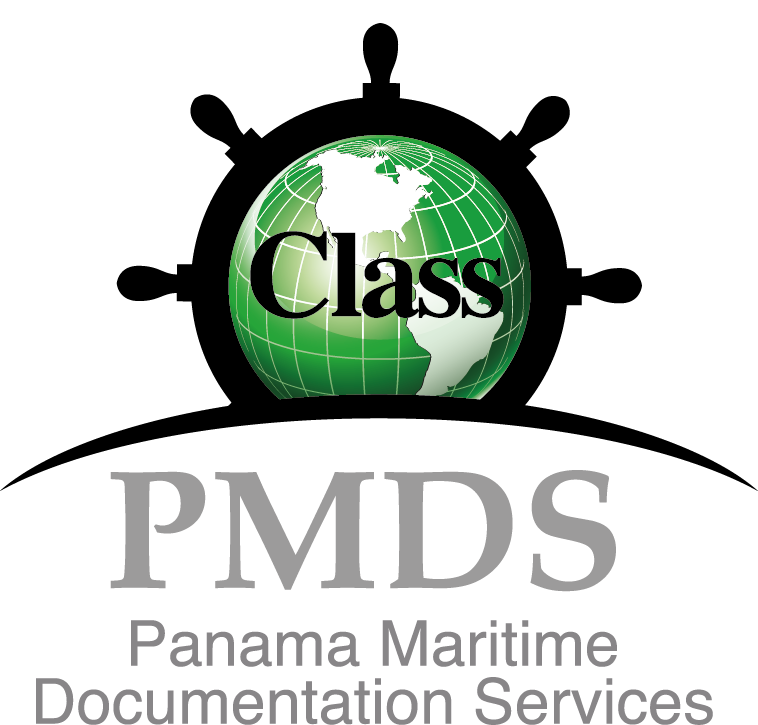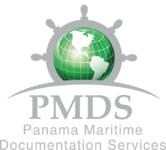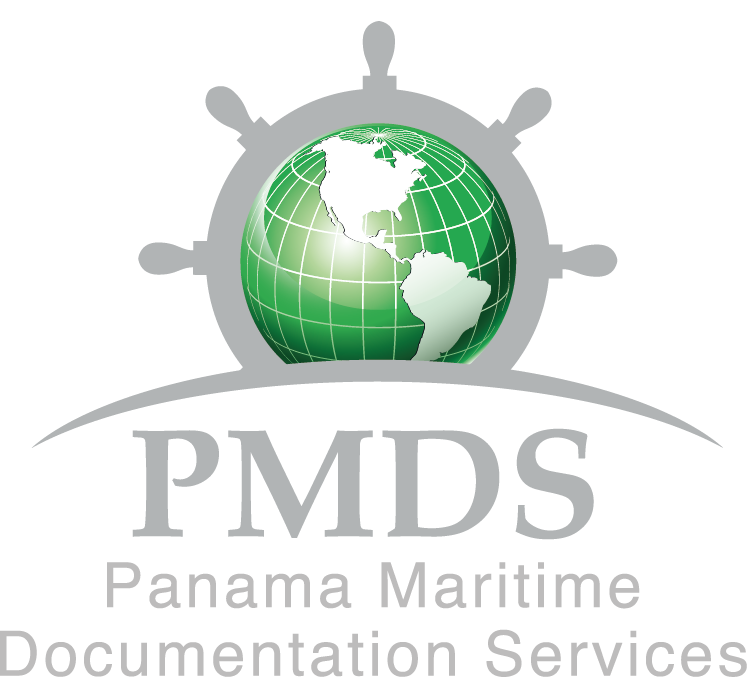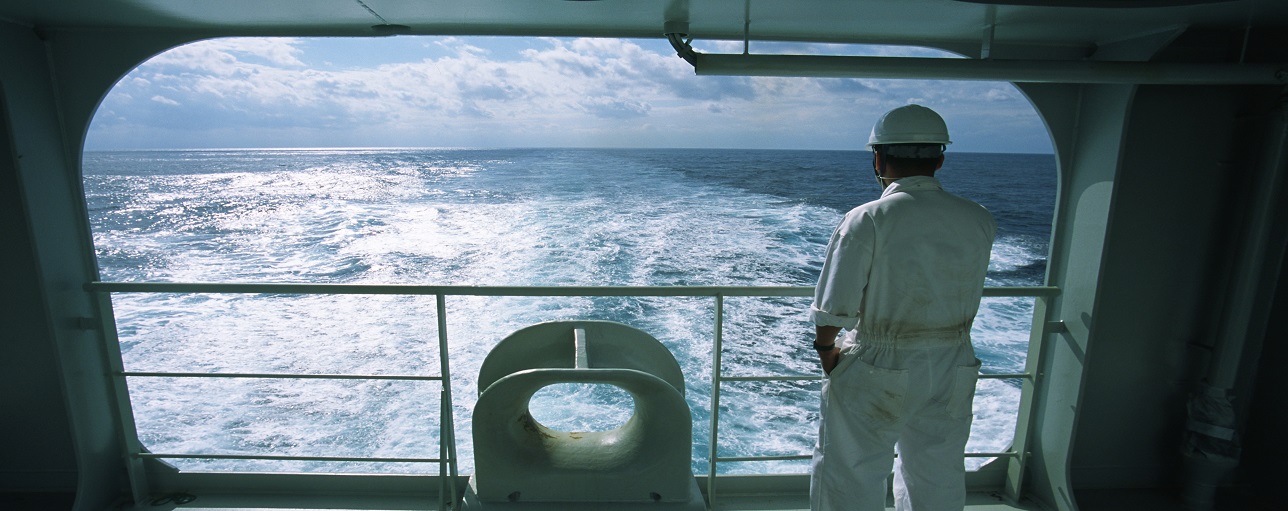
The Future of Seafarers 2023
DNV has published a study co-sponsored by the Singapore Maritime Foundation (SMF), examining the key drivers propelling the transformation of the maritime industry and assesses their impact on ship management and seafarers leading up to 2030.
The findings were obtained through a combination of literature review, expert consultations, and a survey of more than 500 seafarers collectively responsible for operating dry bulk, tanker, and container vessels globally. Some 70% of the seafarers who responded to the survey had been in the industry for over 11 years. Approximately two-third of the respondents held the rank of officers.
Key Findings
- Over 75% of seafarers (Deck and Engine Officers 78%) indicated they would require partial or complete training on fuels such as LNG, batteries, or synthetic fuel.
- Almost 87% of respondents (Deck and Engine Officers 91%) indicated a need for partial or complete training on emerging fuels such as ammonia, methanol, and hydrogen.
- 81% of respondents (Deck and Engine Officers 85%) indicated that they require either partial or complete training in dealing with advanced digital technologies (such as further automation of equipment/systems, advanced sensors, artificial intelligence, and remote operations). Only 13% (Deck and Engine Officers 11%) agreed they were well trained.
- 52% of seafarers (Deck and Engine Officers 53%) indicated a strong preference for in-person training at a maritime training centre or academy, with 23% (Deck and Engine Officers 27%) that prefer a blend of in-person and online training.
- Almost 70% of respondents (Deck and Engine Officers 74%) have used simulators, virtual reality or other digital environments when undertaking training, of which 60% (Deck and Engine Officers 65%) indicated such training methods helped develop their skills. Only 10% (Deck and Engine Officers 9%) disagreed.
- 55% of respondents (Deck and Engineering Officers 50%) indicated that new developments in fuels, automation and digitalization onboard ships could retain existing seafarers and attract new seafarers.
- Two-thirds of seafaring officers said more advanced technology onboard would make their job easier, which fits well with the thriving maritime innovation ecosystem and increasing venture capital funding, particularly in Singapore.
A collective responsibility to prepare seagoing professionals for the future.
- Shipowners/operators/managers and training academies should prioritize training the most suitable seafarers based on their position onboard, experience and availability. For example, senior officers should be trained on new technologies and fuels to provide effective mentoring and on-the-job training, followed by junior crew members whose onboard training can be supplemented with technology-assisted training such as virtual reality and simulators.
- Key stakeholders such as regulatory bodies, shipowners/ operators/managers and training academies should carefully assess and target skill deficits in digitalization and decarbonization in the current decade to ensure seafarers are ready for the future. Training could be prioritized on LNG and batteries, as they are expected to become the most commonly used alternative options in the current decade. Recently, the number of vessels with LNG and battery or battery-hybrid has significantly increased, making it critical to focus on these fuel types.
- Maritime training organizations and employers of seafarers should renew their focus on developing seafarers’ soft skills. Providing a pathway for sustainable career progression for seagoing professionals, vital for talent attraction and retention.
Source DNV
For additional information contact us : corporate@panamamaritime.com

 (507) 6780-7942
(507) 6780-7942
